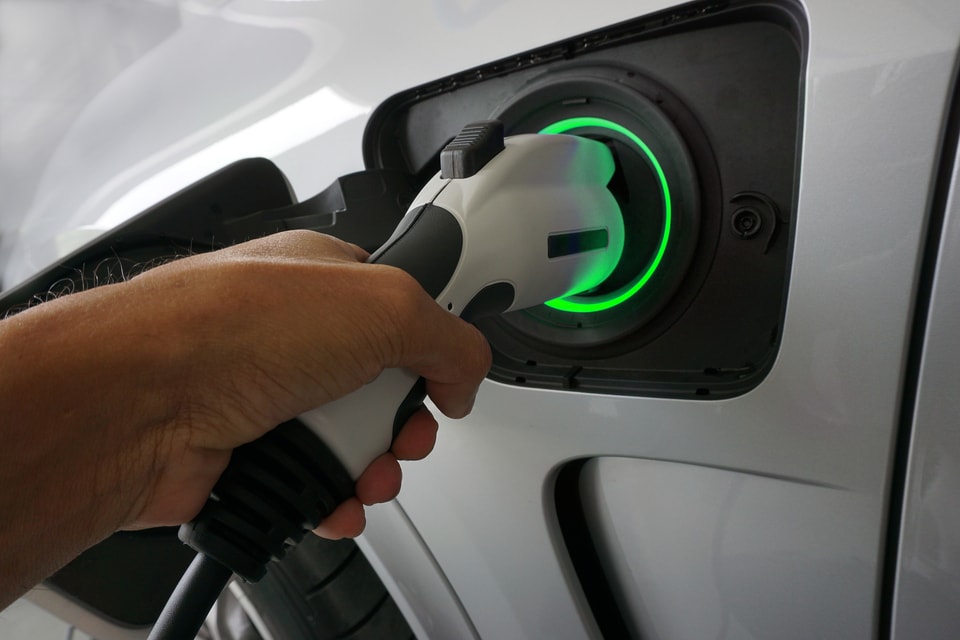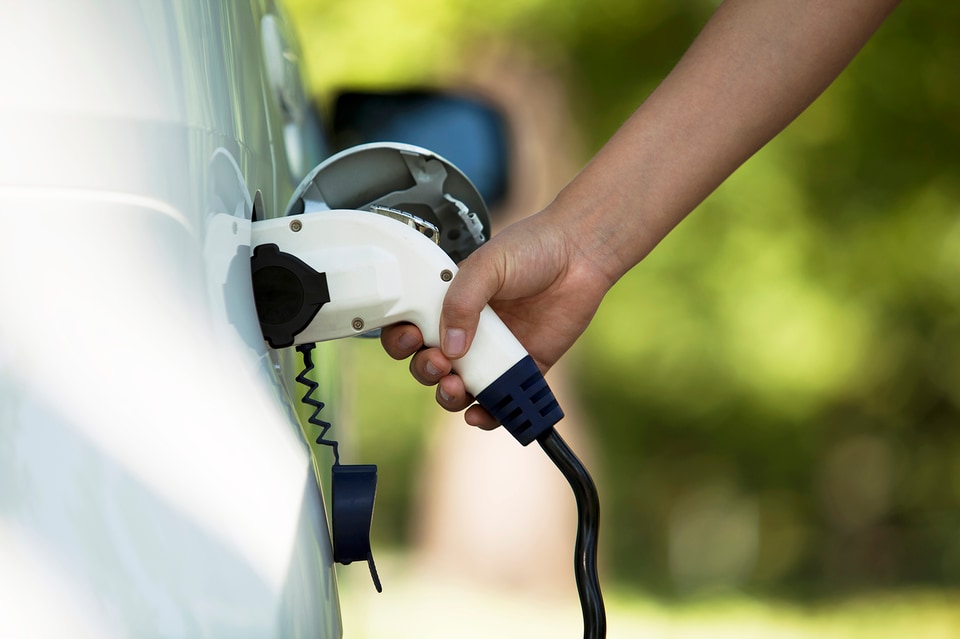Understanding EVs
Electric vehicles are an exciting addition to any lineup, and the new Nissan models prove that point. Exceptional efficiency and innovative tech make a new Nissan ARIYA or Nissan LEAF an exciting choice for any modern driver. Here is just the start of what you can expect from your next EV.
Which EV is Right for Me?
Exploring the Electric Nissan Lineup
The Nissan ARIYA
If you need the efficiency of an EV along with the functionality of an SUV, we have the model for you. The new Nissan ARIYA is here to change the way you drive for the better. This model offers a spacious interior that will fit you and your loved ones with ease. The cargo area and innovative technology in a new ARIYA is more than impressive.
The Nissan LEAF
Then, we have the beloved Nissan LEAF. The new LEAF is here to make your drive to work much more fun. The compact nature of the LEAF allows you to navigate crowded streets or busy parking lots in Baltimore with ease. Saving money at the pump is just one of the many quality benefits offered by the new Nissan LEAF.
Benefits of Plugging In
Owning an EV
Understanding Charging
Charging times vary depending of the type of charger used.
Level 1 chargers use a standard household outlet and charge about 2-5 miles of range per hour, making Level 1 a good choice for plugin hybrid vehicles but not battery electric vehicles.
Level 2 chargers can be installed at your home by a professional electrician and charge about 10-20 miles of range per hour. A good choice for any EV when charging overnight or all-day is possible.
Level 3 fast chargers are the most efficient and can be found at commercial locations. Level 3 can charge about 60-80 miles of range in about 20 minutes, making it a good choice for any EV when a quick charge is needed on the go.

Charging from Home
For plugin hybrid vehicles a standard outlet (Level 1) will be enough for overnight charging. For battery electric vehicles, a Level 2 charger will require professional installation by a licensed electrician. If you live in an apartment or condo, consider talking with the property owner about installing a charger or use a nearby public charger. Talk to our sales staff to find out more about charging from home.

Battery Care
Most batteries will last between 100,000 and 200,000 miles when properly cared for. With battery technology continually advancing, that number will continue to increase. If you can keep your battery between 20% and 80% charged most days and avoid extremely hot temperatures, you can expect your maintenance to be minimal.

Servicing Your Electric Nissan
We also like to let our customers know that our service station is here to help you keep your EV running just the way it should. Whether you choose the new Nissan LEAF or Nissan ARIYA, we are able to keep up with routine maintenance whenever you need it. Our Nissan service technicians are equipped to get the job done right.
96%
Charging Stations Near Jones Bel Air Nissan
Common Questions
Other advantages of owning an EV include:
- Eligible EVs may also qualify for HOV lane access, which are normally restricted to vehicles with multiple passengers.
- Many electric companies offer lower rates based on the time of use. With EVs, you can save money by charging during off-peak times.
- If you're able to charge from work or home, there's usually no need to stop to refuel like you would in a gas-powered vehicle.
- EVs produce zero tail-pipe emissions resulting in cleaner air and better health.
This will vary depending on the local price of electricity and gas and where you are charging (at home or public charger), but most EV owners can expect to save on fuel cost. A recent Consumer Reports study found the “typical EV owner who does most of their fueling at home can expect to save an average of $800 to $1,000 a year on fueling costs over an equivalent gasoline-powered car.”
Source: Benjamin Preston. October 08, 2020. EVs Offer Big Savings Over Traditional Gas-Powered Cars.
https://www.consumerreports.org/hybrids-evs/evs-offer-big-savings-over-traditional-gas-powered-cars/A recent Consumer Reports study found “maintenance and repair costs for EVs are significantly lower over the life of the vehicle – about half – than for gasoline–powered vehicles, which require regular fluid changes and are more mechanically complex. The average dollar savings over the lifetime of the vehicle is about $4,600.”
Source: Benjamin Preston. October 08, 2020. EVs Offer Big Savings Over Traditional Gas-Powered Cars.
https://www.consumerreports.org/hybrids-evs/evs-offer-big-savings-over-traditional-gas-powered-cars/- Level 1 chargers use a standard household outlet and charge about 2-5 miles of range per hour, making Level 1 a good choice for plugin hybrid vehicles but not battery electric vehicles.
- Level 2 chargers can be installed at your home by a professional electrician and charge about 10-20 miles of range per hour. A good choice for any EV when charging overnight or all-day is possible.
- Level 3 fast chargers are the most efficient and can be found at commercial locations. Level 3 can charge about 60-80 miles of range in about 20 minutes, making it a good choice for any EV when a quick charge is needed on the go.
Ready to Shop?
Switching to an electric Nissan is easier at our dealership in Bel Air, MD. Visit today to experience these new EV models and take one for a test drive. After sitting behind the wheel of a new Nissan, you will never want to turn back. Our team looks forward to working with you soon.
How Can We Help?
* Indicates a required field
 AdChoices
AdChoices